- info@hardeephomeopathyhospital.com
- Near Valmiki Murti, G.T. Road, Putlighar, Amitsar
- 9814156294
Kidney Stone
- Home
- KIDNEY STONE

What is a kidney stone?
A kidney stone is a hard object that is made from chemicals in the urine. There are four types of kidney stones: calcium oxalate, uric acid, struvite, and cystine. Common
symptoms include severe pain in lower back, blood in your urine, nausea, vomiting, fever and chills, or urine that smells bad or looks cloudy. Urine has various wastes dissolved in it. When there is too much waste in too little liquid, crystals begin to form. The crystals attract other elements and join together to form a solid that will get larger unless it is passed out of the body with the urine. Usually, these chemicals are eliminated in the urine by the body’s master chemist: the kidney. In most people, having enough liquid washes them out or other chemicals in urine stop a stone from forming. The stone-forming chemicals are calcium, oxalate, urate, cystine, xanthine,
and phosphate.
After it is formed, the stone may stay in the kidney or travel down the urinary tract into the ureter. Sometimes, tiny stones move out of the body in the urine without causing too much pain. But stones that don’t move may cause a back-up of urine in the kidney, ureter, the bladder, or the urethra. This is what causes the pain.
Symptoms
Some kidney stones are as small as a grain of sand. Others are as large as a pebble. A few are as large as a golf ball! As a general rule, the larger the stone, the more noticeable are the symptoms. The symptoms could be one or more of the following:
• Severe pain on either side of your lower back
• More vague pain or stomach ache that doesn’t go away
• Blood in the urine
• Nausea or vomiting
• Fever and chills
• Urine that smells bad or looks cloudy
The kidney stone starts to hurt when it causes irritation or blockage. This builds rapidly to extreme pain. In most cases, kidney stones pass without causing damage-but usually not without causing a lot of pain. Pain relievers may be the only treatment needed for small stones. Other treatment may be needed, especially for those stones that cause lasting symptoms or other complications. In severe cases, however, surgery may be required.
Causes
Possible causes include drinking too little water, exercise (too much or too little), obesity, weight loss surgery, or eating food with too much salt or sugar. Infections and family history might be important in some people. Eating too much fructose correlates with increasing risk of developing a kidney stone. Fructose can be found in table sugar and high fructose corn syrup.
Types
There are four main types of stones:
• Calcium oxalate
• Uric acid
• Struvite
• Cystine
Homoeopathic medicines for kidney stones
• Lycopodium
• Berberis vulgaris
• Acid Benz
• Hydrangea
• Sarsaparilla
• Cantharis
These are a few medicines for renal calculi, though every patient needs a specific remedy for stones. There are some patients in umm the stones keep on developing frequently ,they need a specific type of medicines which help in reducing the formation of stones.
Prevention
• drink plenty of fluid and water
• eat fruits and vegetables
• avoid animal protein
• Avoid fast food
About
Welcome to Hardeep Homeopathy Hospital, where we blend traditional wisdom with modern practices to offer compassionate and effective homeopathic treatment.
Explore
Treatments
Contact Us
- Near Valmiki Murti, G.T. Road, Putlighar, Amritsar
- 9814156294
- info@hardeephomeopathyhospital.com

© 2024 | Hardeep Homeopathy Hospital. All Right Reserved
